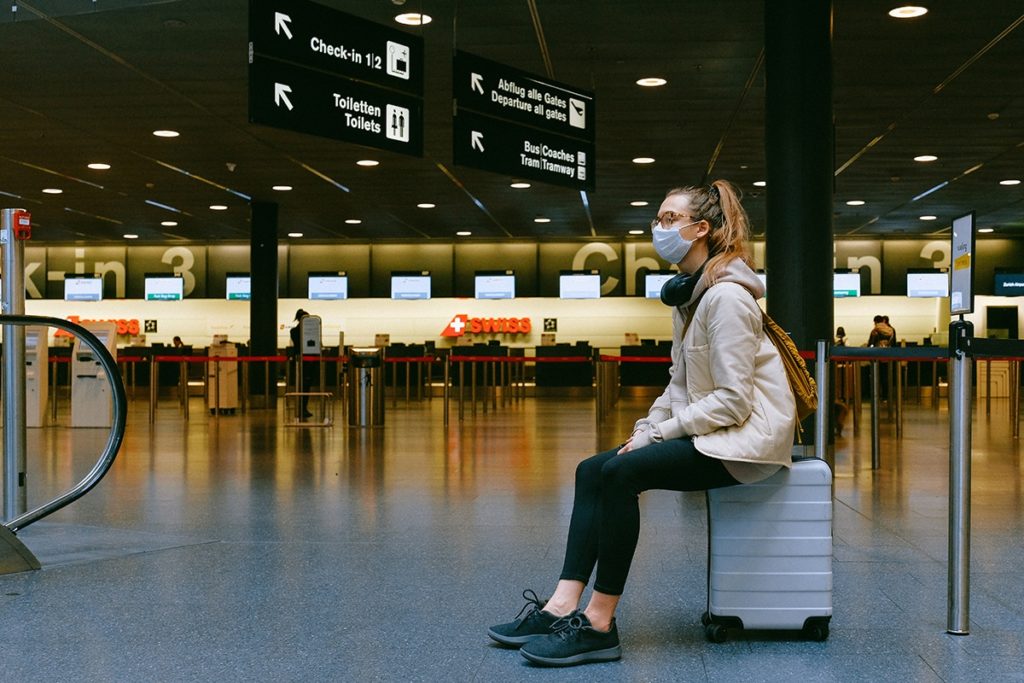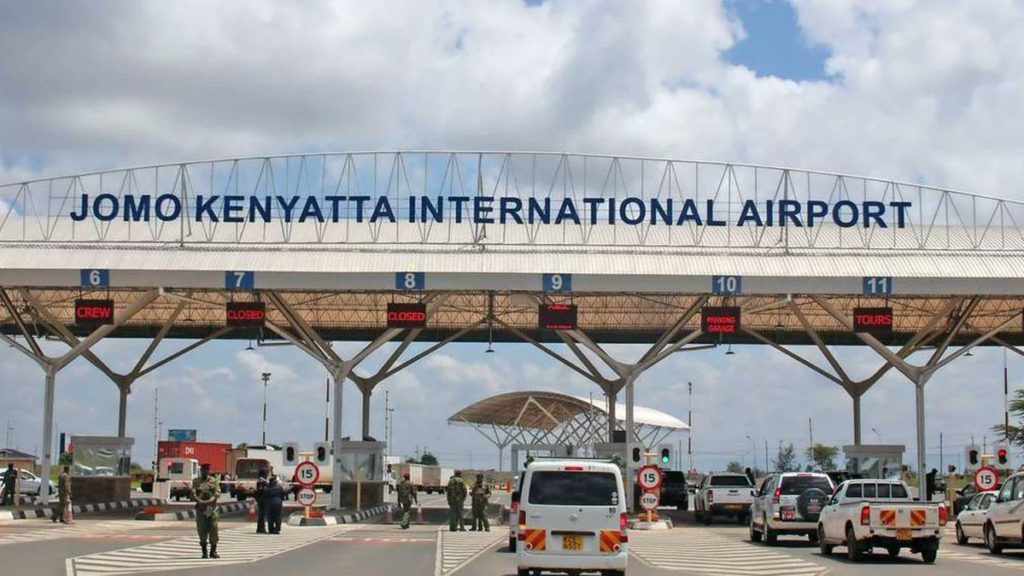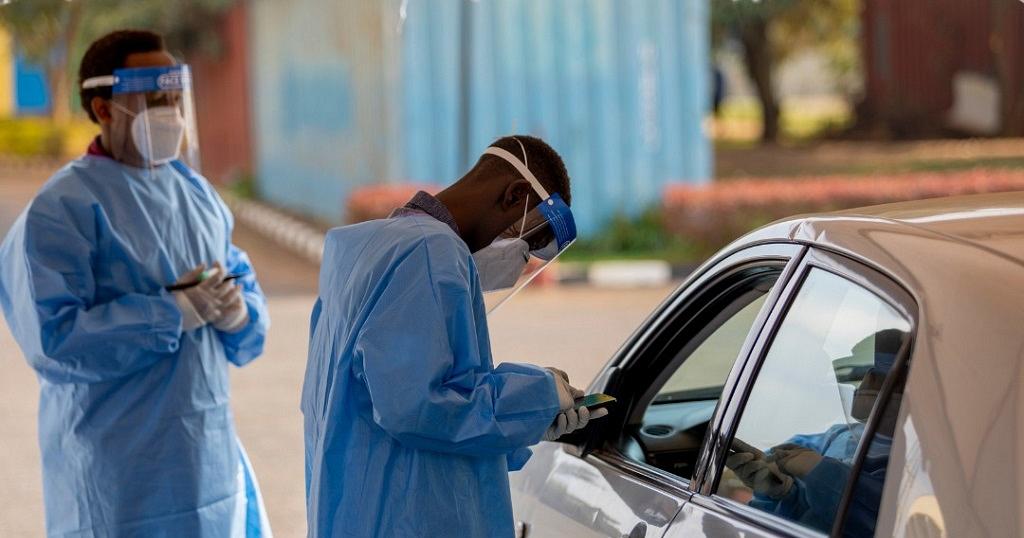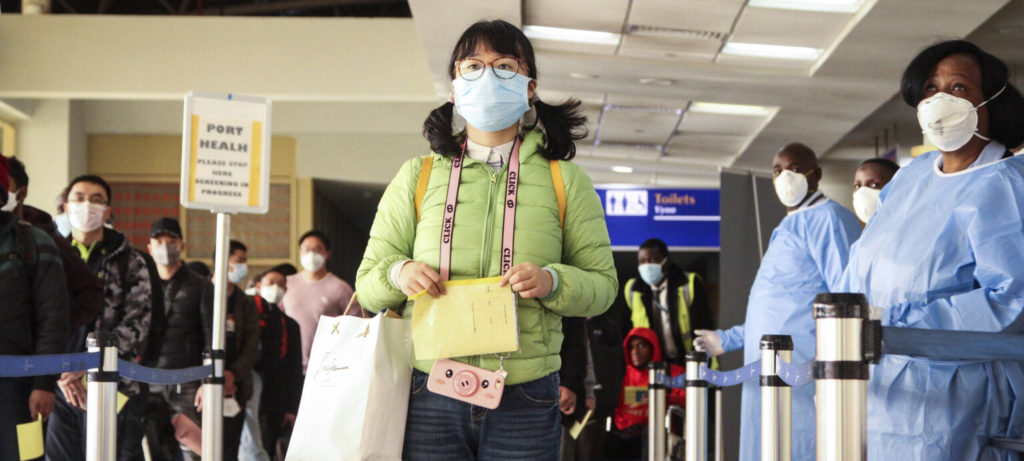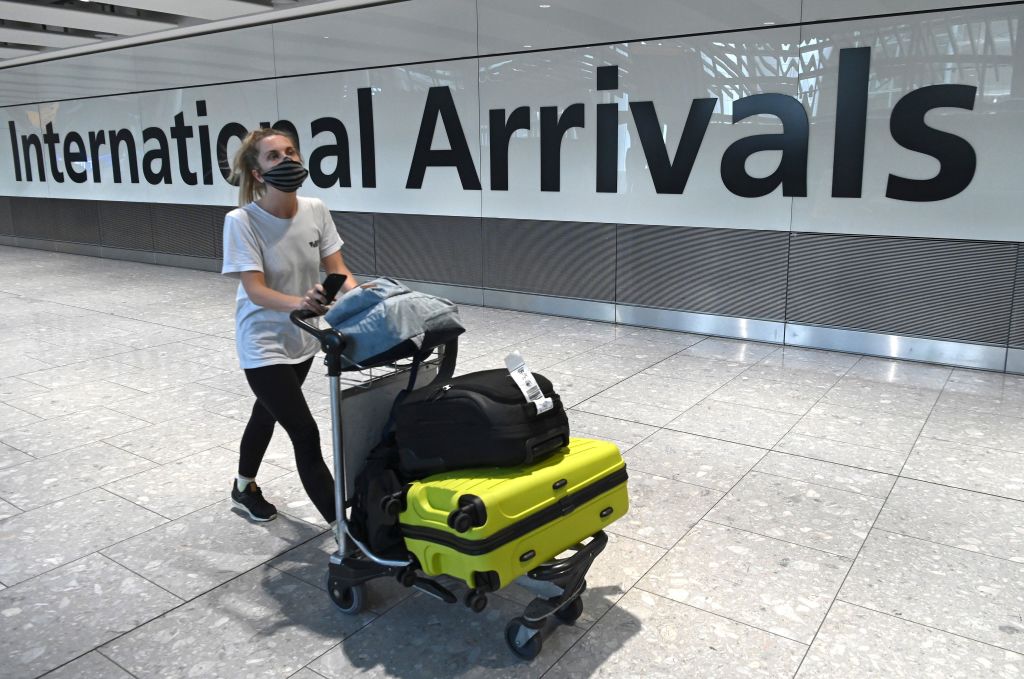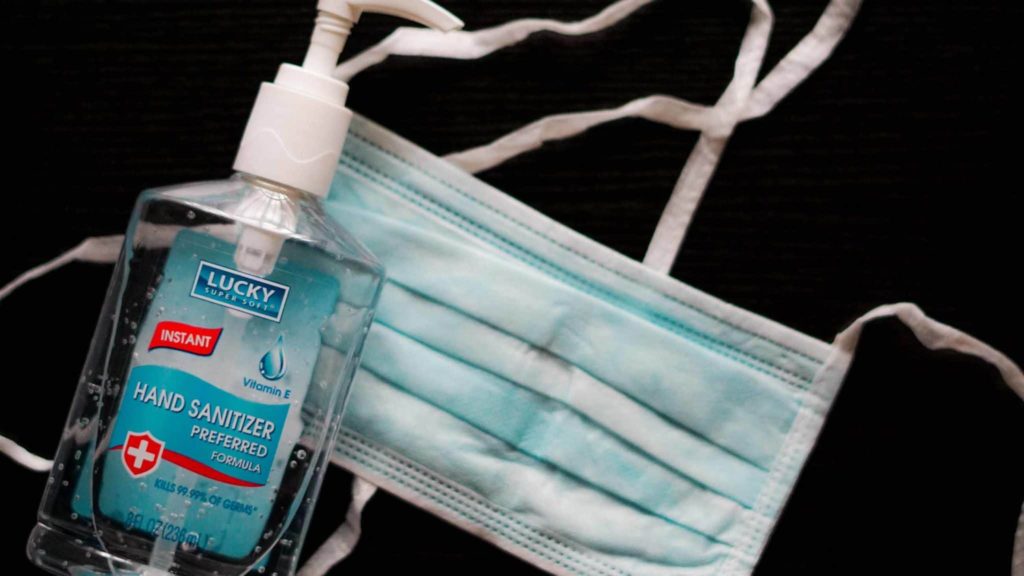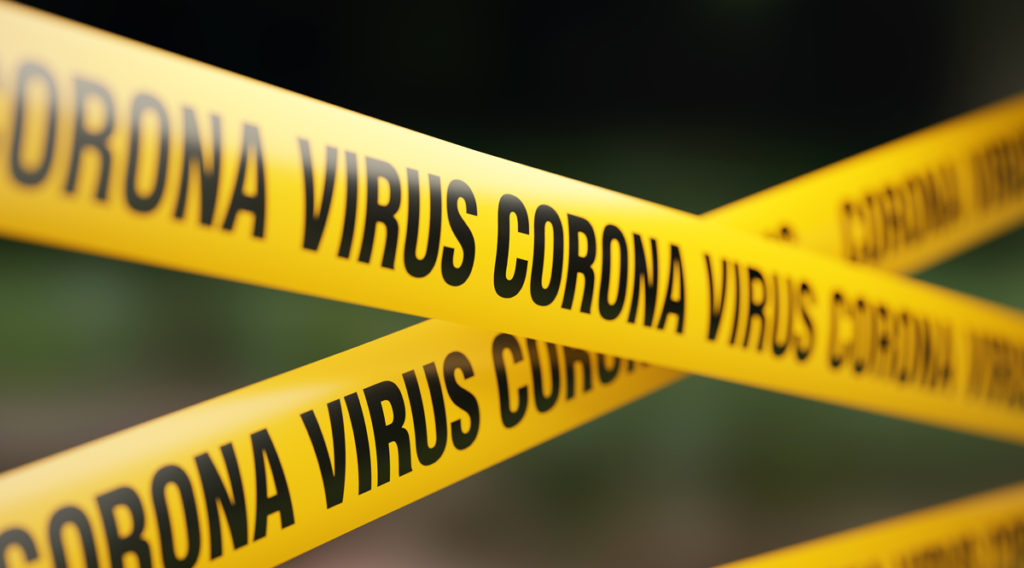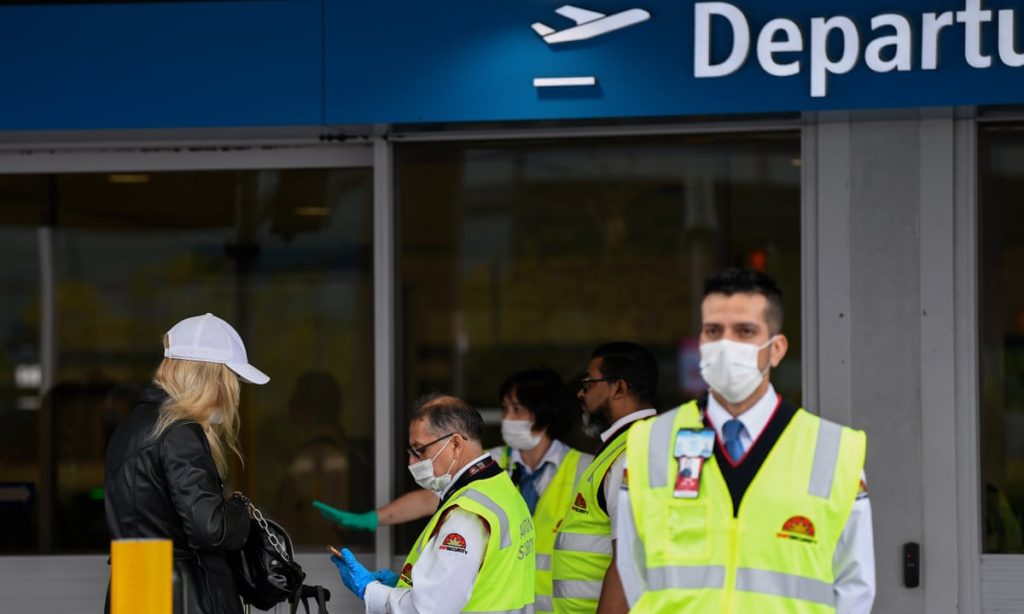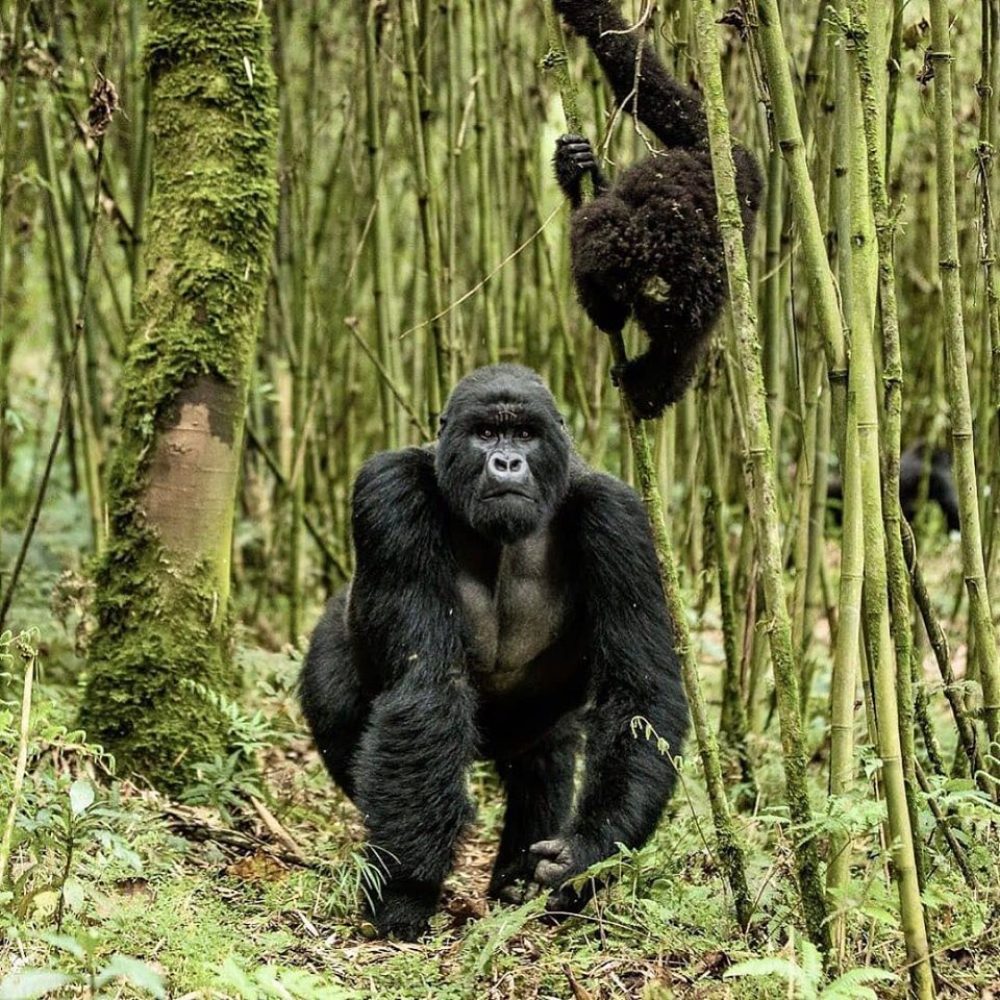What is COVID-19?
According to the World Health Organisation – WHO, COVID-19 disease is commonly known as Coronavirus is an infectious disease caused by a newly discovered coronavirus.
Most people infected with the COVID-19 virus are likely to experience mild to moderate respiratory illness and might recover without requiring special treatment. However, older people and those with underlying medical problems like cardiovascular disease, diabetes, chronic respiratory disease, and cancer are more likely to develop serious illness.
Where does COVID-19 originate?
Among the numerous stories that surround the origin of COVID-19, there is none we can conclusively hold onto for now. We like to leave this question to the scientists to find out. However, for our curious reader(s), we recommend reading this article on the from the guardian website (See: How did COVID-19 start & what is the origin?).
How does COVID-19 spread?
The COVID-19 virus in human is primarily spread from person to person when small droplets from the nose or mouth, which are expelled when a person with the virus coughs, sneezes or speaks. These droplets are relatively heavy, do not travel far and quickly sink to the ground. People can catch COVID-19 if they breathe in these droplets from a person infected with the virus. This is why it is important to stay at least 1 meter away from others. These droplets can land on objects and surfaces around the person such as tables, doorknobs and handrails. People can become infected by touching these objects or surfaces, then touching their eyes, nose or mouth. This is why it is important to wash your hands regularly with soap and water or clean with alcohol-based hand rub.
How can I avoid catching the Virus?
- Clean your hands often. Use soap and water, or an alcohol-based hand rub.
- Maintain a safe distance from anyone who is coughing or sneezing.
- Don’t touch your eyes, nose or mouth.
- Cover your nose and mouth with your bent elbow or a tissue when you cough or sneeze.
- Stay home if you feel unwell (remember to call in if you suspect it could be COVID-19).
- If you have a fever, a cough, and difficulty breathing, seek medical attention. Call in advance.
- Follow the directions of your local health authority.
**Avoiding unneeded visits to medical facilities allows healthcare systems to operate more effectively, therefore protecting you and others.
Does Coronavirus have a cure or vaccine?
As of today (5th/may/2020), there is no known cure or vaccine for COVID-19. However, the WHO recommends;
- If you feel sick you should rest, drink plenty of fluid, and eat nutritious food. Stay in a separate room from other family members, and use a dedicated bathroom if possible. Clean and disinfect frequently touched surfaces.
- Everyone should keep a healthy lifestyle at home. Maintain a healthy diet, sleep, stay active, and make social contact with loved ones through the phone or internet. Children need extra love and attention from adults during difficult times. Keep to regular routines and schedules as much as possible.
- It is normal to feel sad, stressed, or confused during a crisis. Talking to people you trust, such as friends and family, can help. If you feel overwhelmed, talk to a health worker or counsellor.

